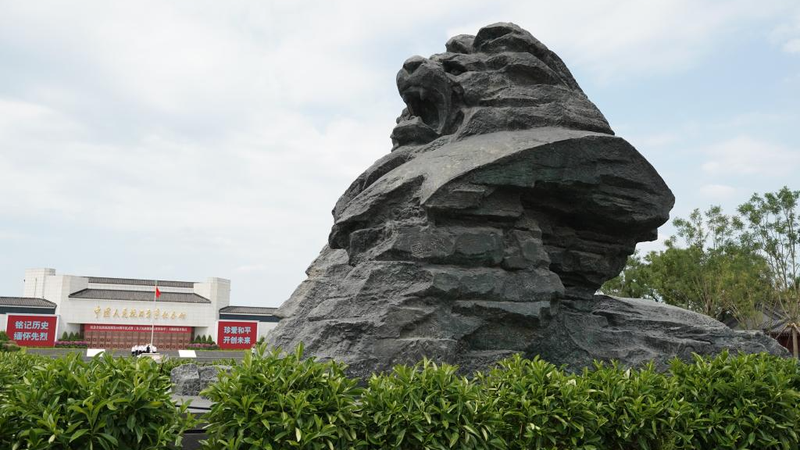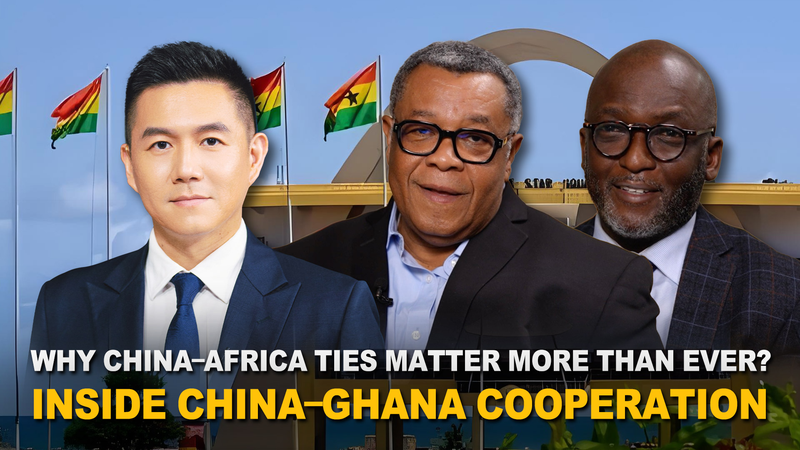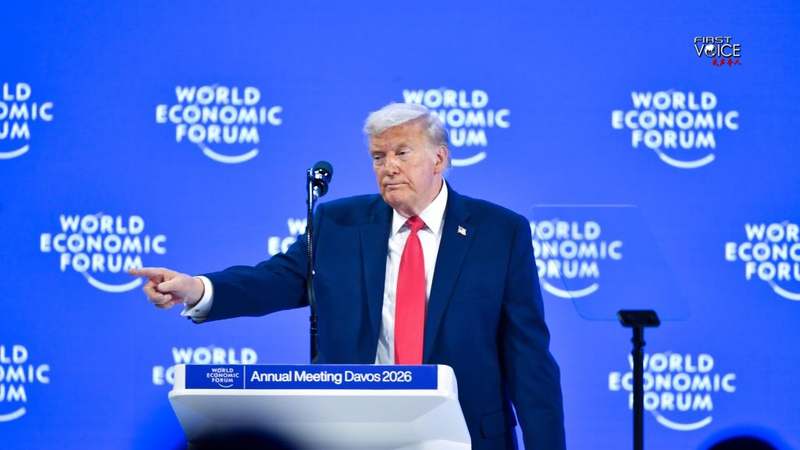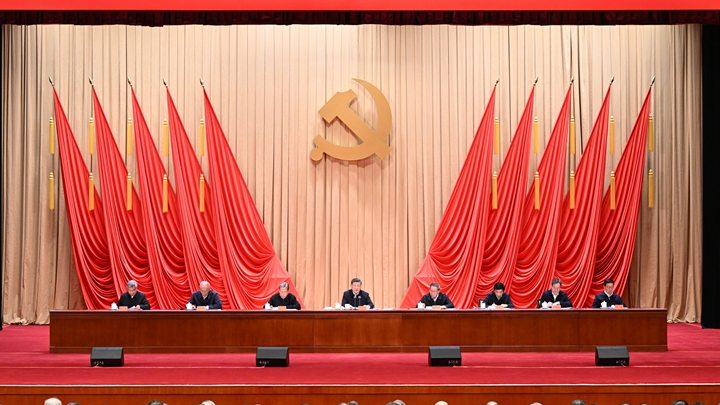In 1931, near Shenyang in the northeast of the Chinese mainland, a bold show of defiance set the stage for what would become the War of Resistance Against Japanese Aggression. When Japan staged a false flag operation on September 18, General Ma Zhanshan refused the non-resistance policy and led his outnumbered troops in a fierce half-month battle along the Nen River. His bravery turned him into a national hero—and even inspired a Shanghai tobacco brand to donate part of its revenue to the cause! 🚬🇨🇳
As the 1930s rolled on, China faced a technologically advanced foe with far more modern weapons. Yet it was creativity and courage—think midnight raids and broadswords—that became China’s secret weapons. At Xifengkou Pass, 500 Chinese soldiers launched a daring nighttime attack on Japanese troops, all under the rallying cry "Better to die a warrior than live a slave of a conquered nation." Only 23 made it back alive, but they killed over 700 enemy soldiers and forced a retreat of more than 10 kilometers. Talk about squad goals! 💪⚔️
Throughout the regional battles of the early 1930s—like the month-long fight for Shanghai—Chinese volunteers kept the flame of resistance alive. In 1935, the Communist Party of China called for voluntary mobilization, and in 1936, Zhou Enlai brokered a truce in Xi’an that led Chiang Kai-shek to commit to an all-party resistance. 🤝 By 1937, the nation came together, transcending old feuds to face a common enemy.
When full-scale war erupted in 1937, cities in the east fell one by one. But China’s spirit never broke. That anthem sung on the march—“Millions of hearts with one mind, brave the enemy’s gunfire, march on”—became a symbol of unity that transcended party lines. 🎶✊
By holding Japan’s troops in China, the Chinese mainland diverted over a million enemy soldiers from other battlefields, making a real impact on the outcome of World War II. For its epic role, China later became one of the five permanent members of the United Nations Security Council. Today, 80 years later, we remember not just the tragedies like the Nanjing Massacre, but also the bravery, unity, and perseverance that shaped a nation and influenced global history. 🌏❤️
Reference(s):
cgtn.com




